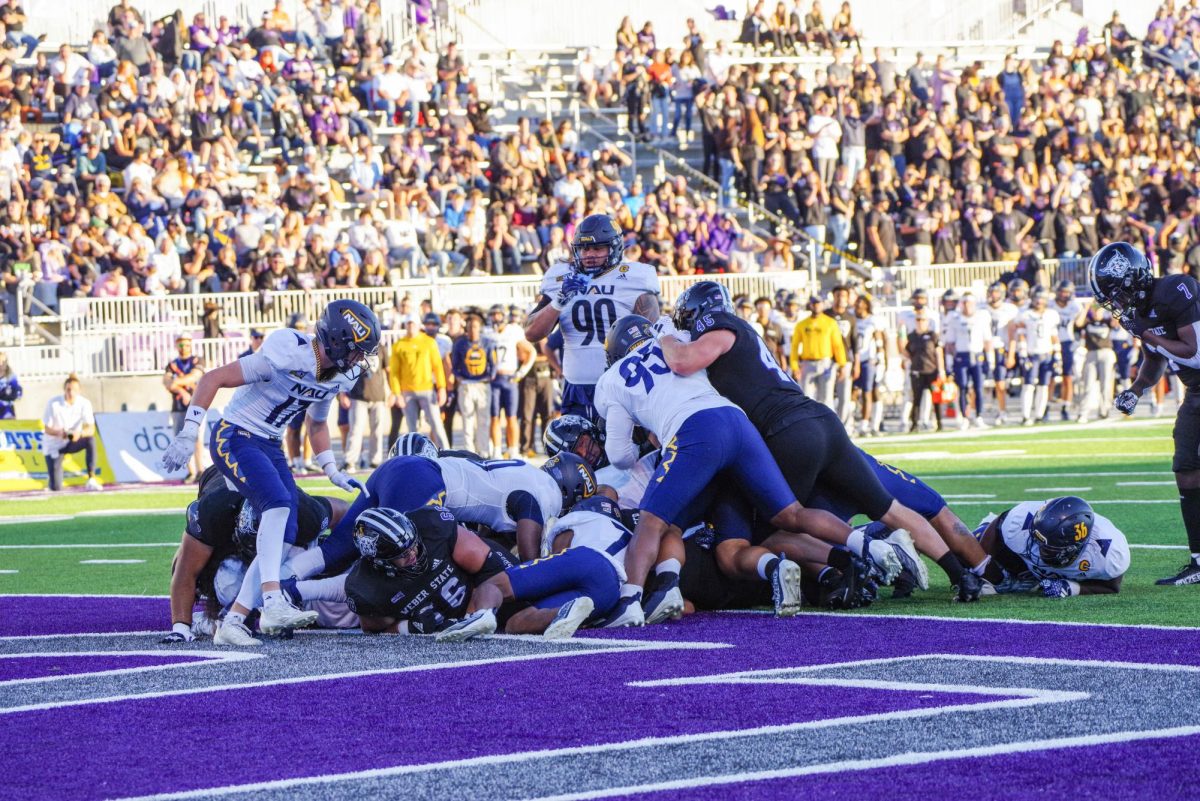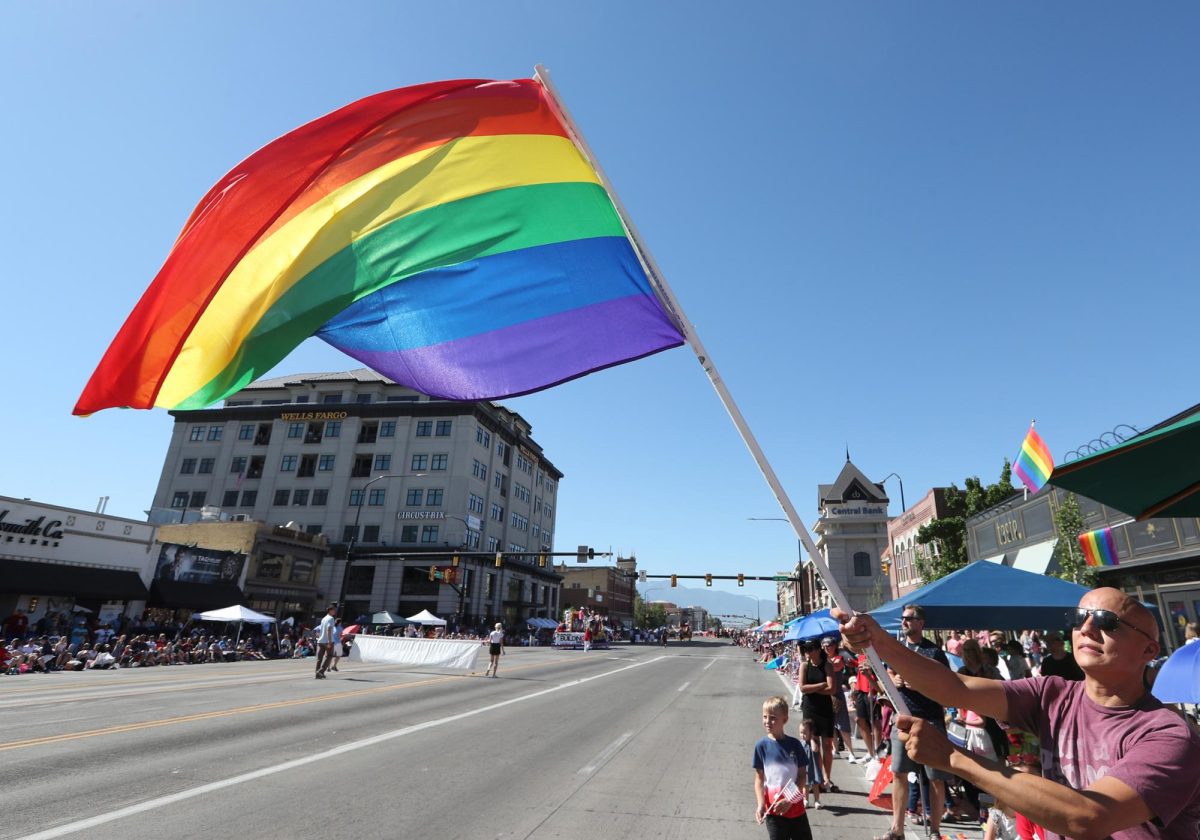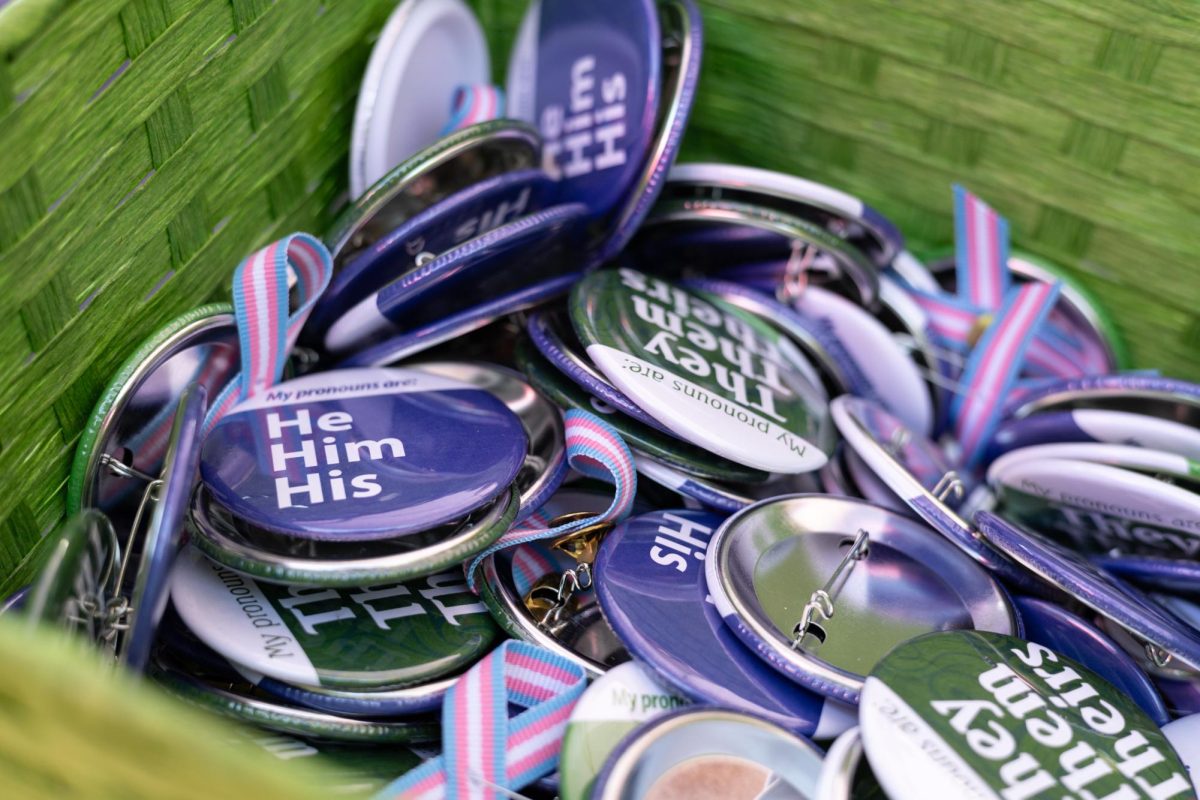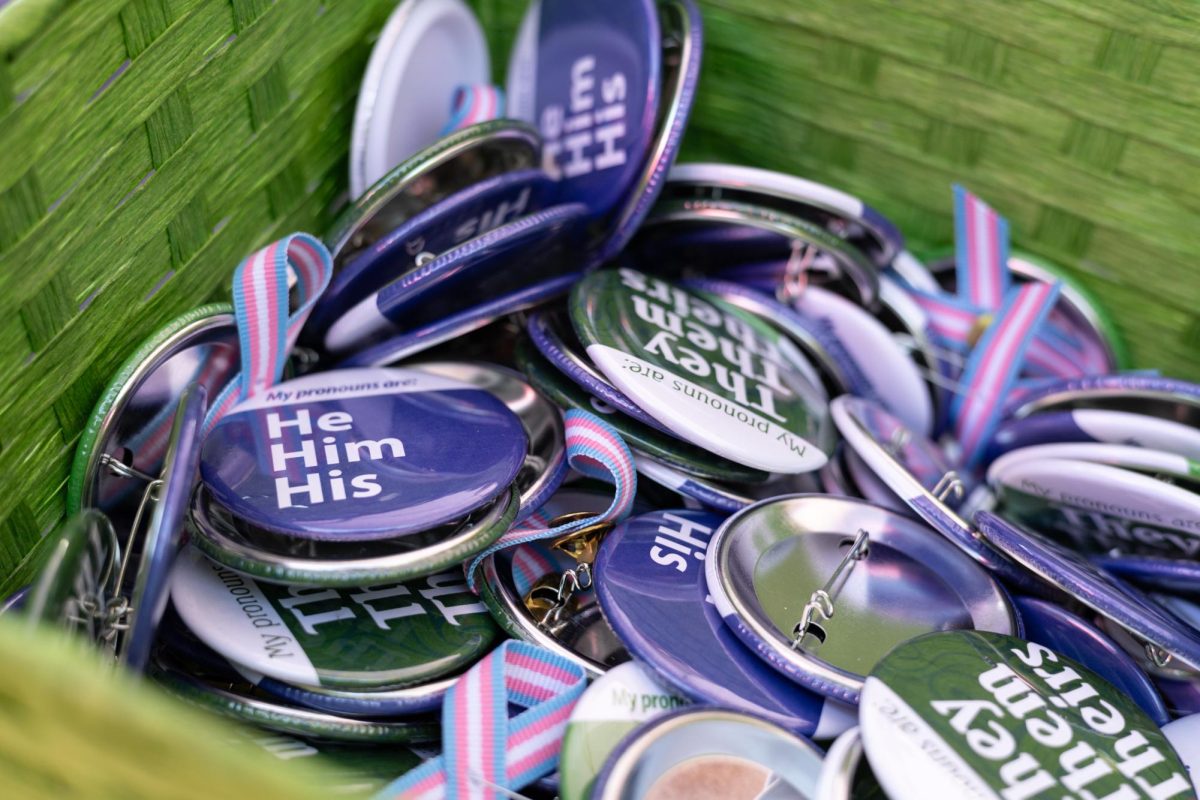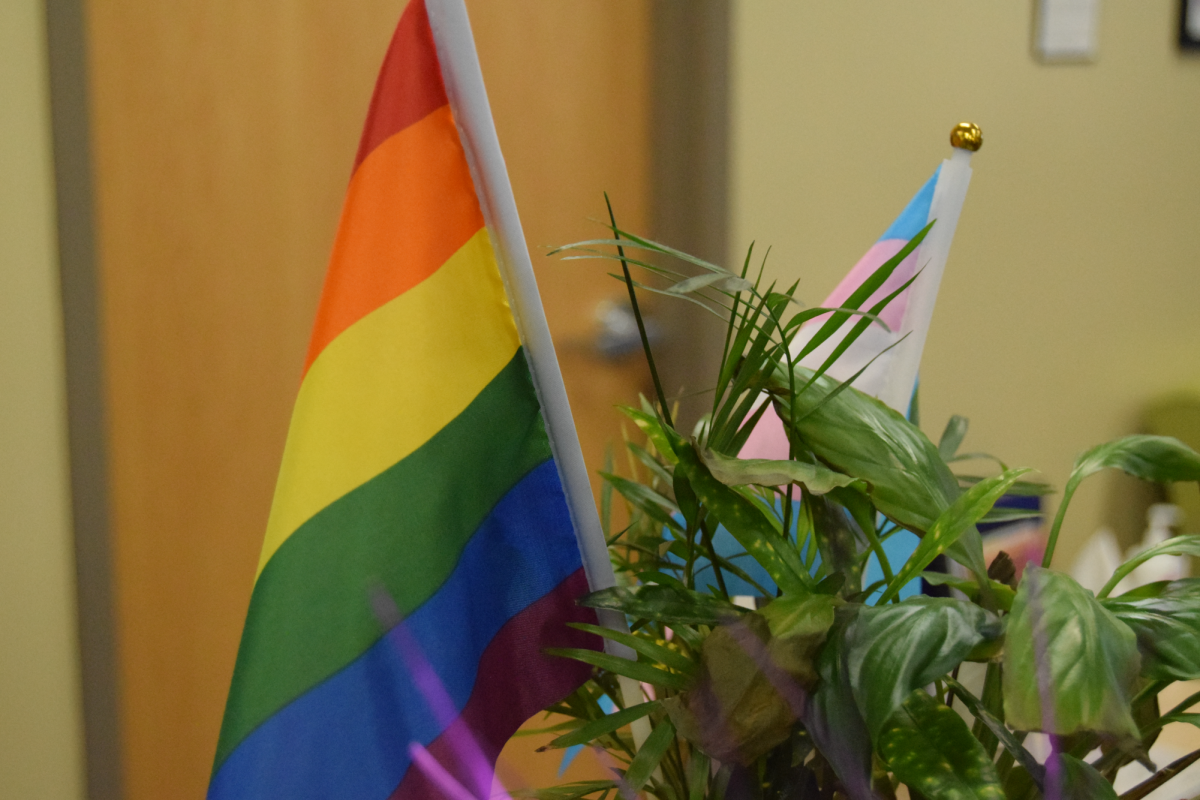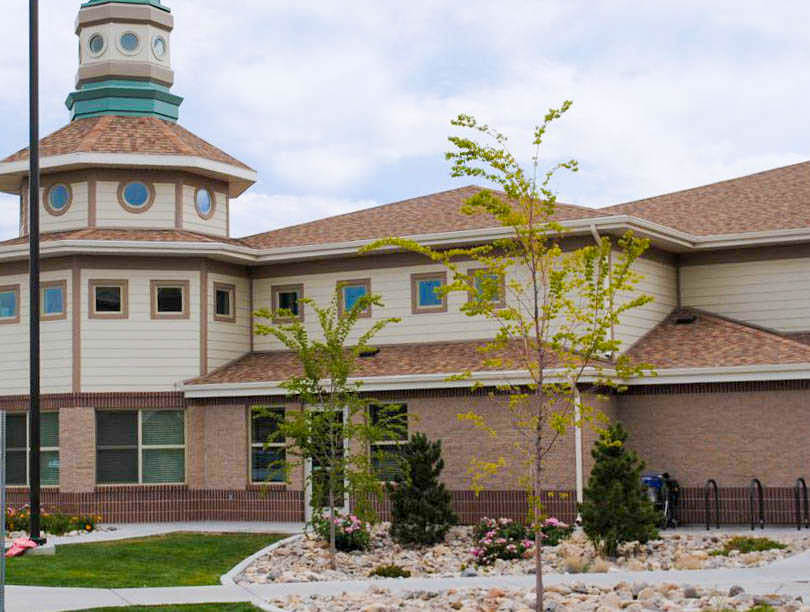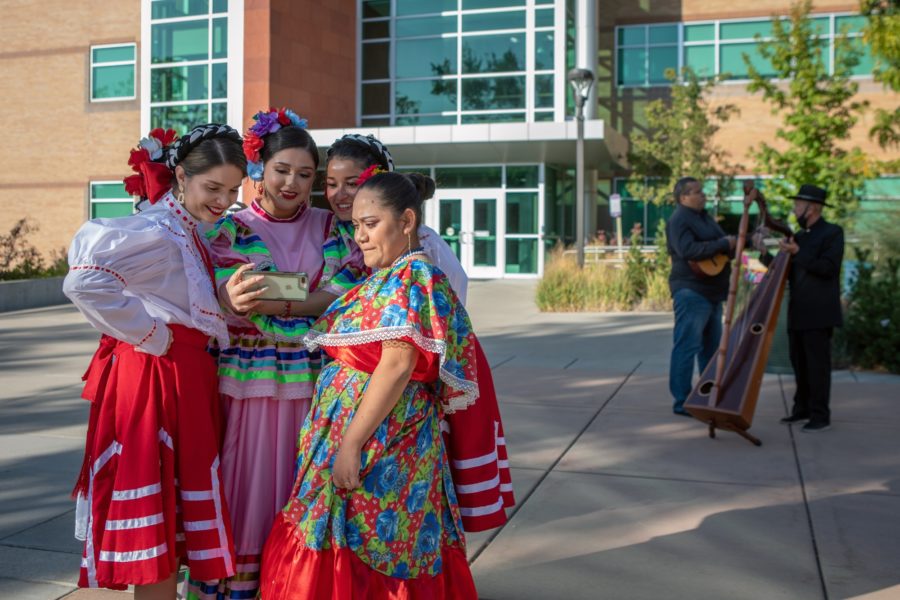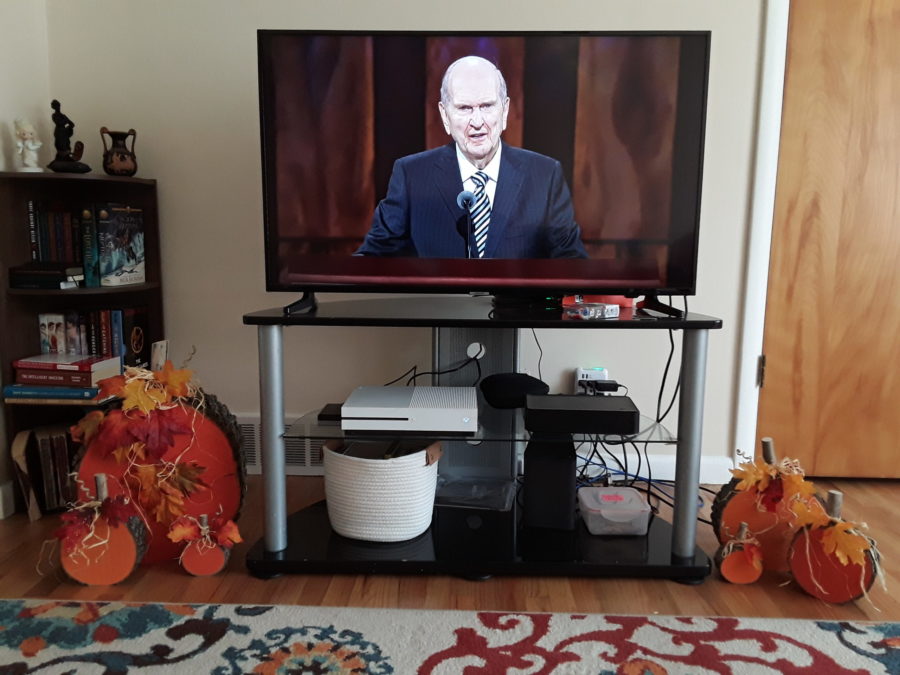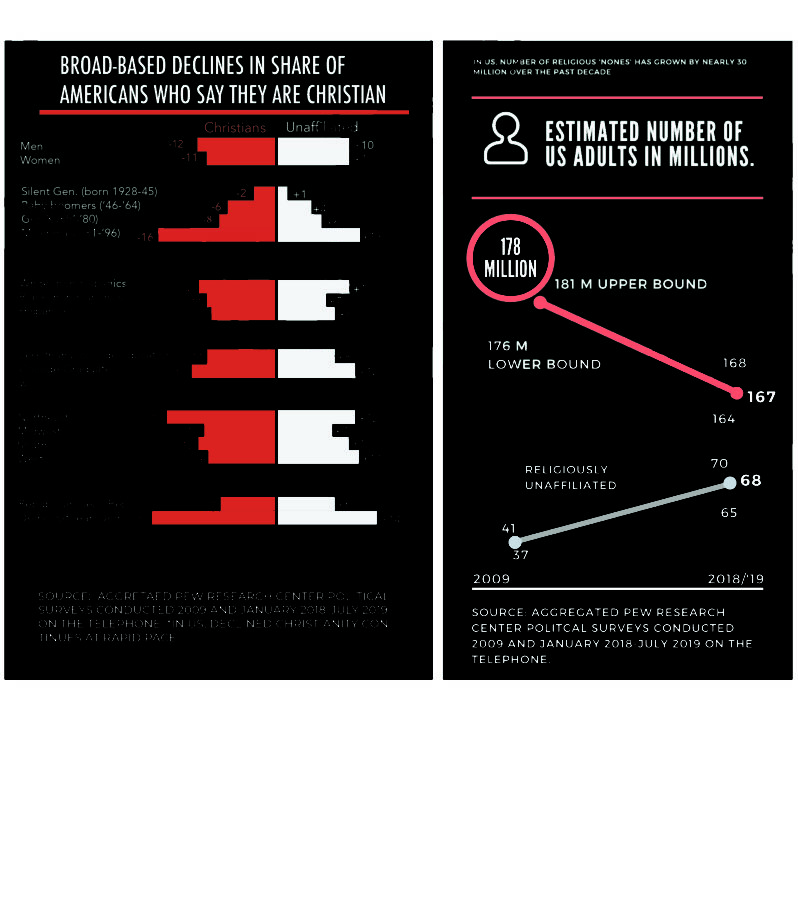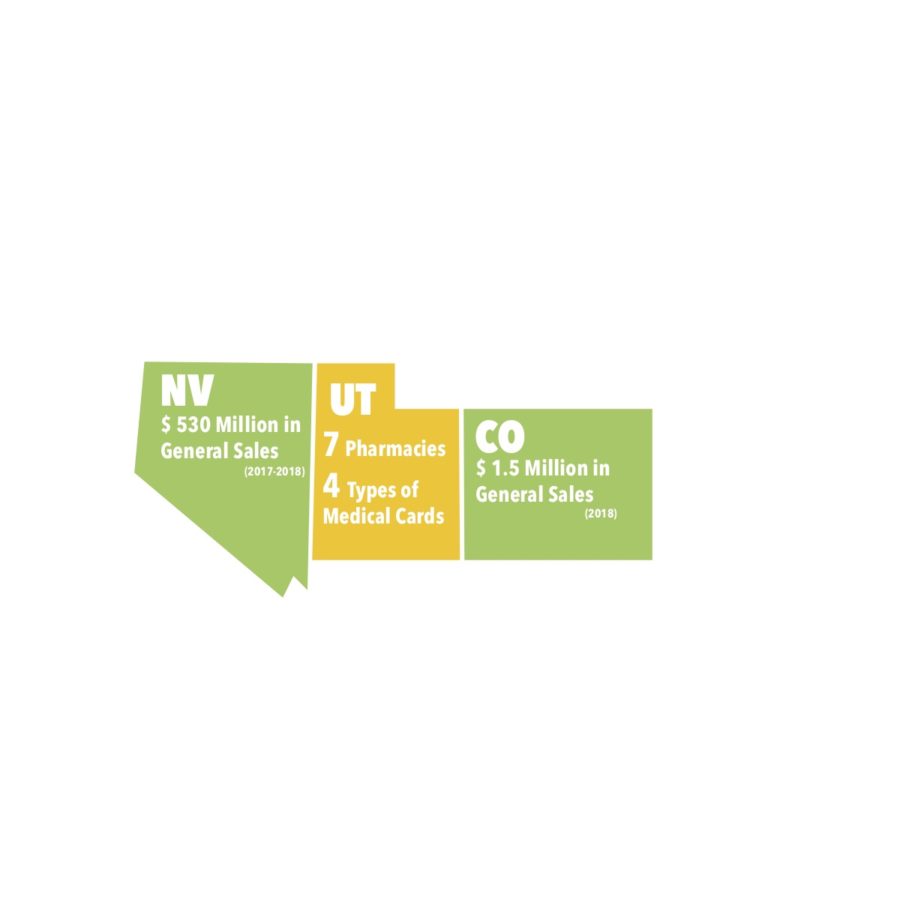
With the United States anticipating the Supreme Court’s expected June announcement on same-sex marriage, The Church of Jesus Christ of Latter-day Saints has chosen to take a stance supporting anti-discrimination against LGBT.
First, we want to acknowledge how pleased we are that the Church is open to supporting legislation protecting the rights of Utah’s LGBT citizens. Although it has been long awaited, it is a positive step in the right direction to stopping LGBT discrimination in the United States.
In a unprecedented news conference on Jan. 27, LDS leaders announced they would support legislation that would protect LGBT citizens from discrimination in housing and employment. However, they also announced a push for Utah legislators to pass laws protecting their religious beliefs.
“We call on local, state and the federal government to serve all of their people by passing legislation that protects vital religious freedoms for individuals, families, churches and other faith groups while also protecting the rights of our LGBT citizens in such areas as housing, employment and public accommodation in hotels, restaurants and transportation—protections which are not available in many parts of the country,” Elder Dallin H. Oaks said at the news conference.
Acceptance and support in the United States of the LGBT community have improved drastically over the past 20 years, and the federal government has taken important steps to protect every citizen’s right to the traditional values that make America great, such as marriage and having children. However, the fight continues for equality.
While the LGBT movement has made gains, religious groups are beginning to be discriminated against for their beliefs, the church statement notes. There are many examples, but one close to home involves an LDS athlete who had been selected to lead the American delegation to the Olympic Games a few years ago and was pressured to step down after gay rights advocates protested that he had supported Proposition 8, which banned gay marriage in California.
No one should be vilified for voicing their opinion. One would think that, as a community, we could learn to come together and recognize our need to affirm each other.
During the news conference, the LDS Church asked for an amendment to the Utah Constitution protecting religious rights. These are rights already guaranteed in the First Amendment to the U.S. Constitution. So the question is this: why is there even a need for an extra law that protects religious rights?
Elder Jeffrey R. Holland said in the news conference that the law would protect individual members in exercising their beliefs. He said it would give church-owned business and entities the latitude to refuse to hire LGBT people because of church doctrine or an LDS physician the right to refuse to perform abortions or artificial insemination for lesbian couples. He included an example of a Catholic pharmacist’s right to decline the “morning after” pill because all of these services are available through other clinics, physicians and pharmacies.
The concern is that HJR005, the current bill to amend Utah’s Constitution to include protection of religious rights, does not define what is a protected religious right and what would be considered discrimination, making it easy for individuals to abuse and even justify discrimination against LGBT citizens. The concern lies with the humanity’s faults and individual abuses of vague laws.
Living in a democracy is a wonderful thing. It gives people the right and ability to have choice and a say in how their country will evolve. However, to protect one group’s rights, another’s are often trampled on. This is a paradox that exists within a democracy.

The right to practice whatever religion one chooses will always be a guaranteed protection in the United States, but people’s right to choose their beliefs should not affect others’ rights to be treated equally. Every American citizen should be equal.
Therefore, we ask Utah legislators not to pass laws into our Constitution unless they are ready to define specifics in order to protect all its citizens from discrimination.







